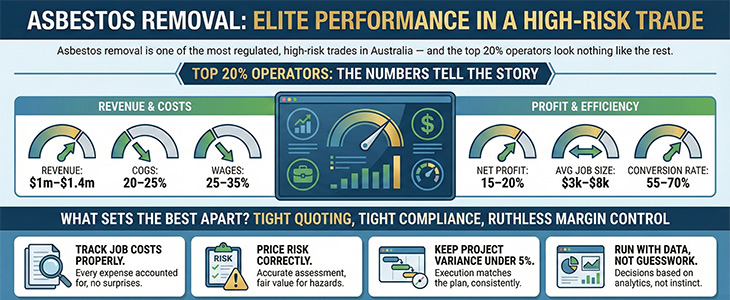Is Bitcoin a Tax Haven?

Bitcoin has been called a tax haven as it provides a store of value, protection of assets/funds, and privacy. During the 2012–2013 Cypriot financial crisis, bitcoin purchases in Cyprus rose due to fears that savings accounts would be confiscated or taxed. This led to the Bitcoin price reaching a high of US$266 on 10 April 2013, before crashing to around US$50. In December 2017, Bitcoin reached record highs of over $20,000.
The Australian Tax Office (ATO) taxes Bitcoin as follows:
- Trading Bitcoin for a profit-making purpose will result in any profits being assessable income.
- Bitcoin is an asset for capital gains tax (CGT) purposes. Bitcoin held for 12 months may access the 50% CGT discount.
- Transacting with Bitcoins is akin to a barter arrangement, with similar tax consequences. When receiving Bitcoin for the sale of goods or services, a business may be charged GST on that Bitcoin.
- The buying, selling or using of Bitcoin as a payment are not subject to GST (if not carrying on a business).
To avoid paying tax on any increases in the value of Bitcoin, it should only be purchased to acquire goods or services for private use. This then results in any capital gain or loss being disregarded if the original purchase cost of the Bitcoin was less than $10,000.
"You’d be stupid not to try to cut your tax bill and those that don’t are stupid in business"
- Bono: U2




